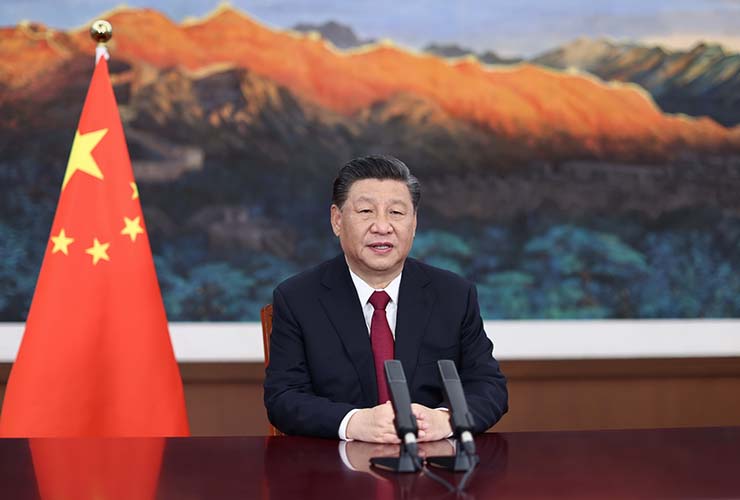
Recently, the Chinese President Xi Jinping has given a call for promoting Asian unity. He argued that the time has come for Asian nations to set aside their respective cultural, linguistic, economic and all other type of differences in order to promote the idea of pan-Asianism and put in place a global Asian security initiative. But the clarion call given by the Chinese president notwithstanding the feel good factor which is assertive of Asian identity is without doubt fraught with caveats and critiques of what constitutes the very idea of Asianism.
To begin with, realists and naysayers argue that there is nothing called pan-Asianism because Asia is undoubtedly the most diverse continent in terms of culture, ethnicity and economic strength. This makes unity and solidarity which are essential prerequisites for welding any pan-continental or pan-societal objective very difficult to achieve. Further, Asian nations like India, China, and Japan, South Korea and Vietnam have strategic and geopolitical interests of their own.
India and China are at loggerheads over their border and security issues, Japan and China are locking horns economically and over the history of Japanese atrocities in China, South Korea is on bad terms with China over its alleged support for the North Korean regime and Vietnam with China over the South China Sea issue. So, it is very clear that each nation will prioritise its national interests first instead of promoting the idea of a broader continental identity.
Also, the realists have rightly pointed out that there is also the issue of religion. The spectre of religious extremism in West Asia, the victory of the Taliban regime in Afghanistan and the sponsorship of Islamist radicalism in Pakistan make the idea of achieving pan-Asian unity a really arduous task. Religion in this context overrides ethnic identity.
But while there are critics of Asianism, there are strong advocates as well; the proponents of Asian unity like Jawaharlal Nehru, Lee Kuan Yew etc prophesised that this century will be the Asian century. For the advocates, this age is rightly the Asian age. India and China constitute more than half of humanity, other Asian countries like South Korea, Japan, Indonesia etc are economic powerhouses.
The advocates of Asian unity point out that unlike the West whose religious and cultural homogeneity was the cause of their unity, the religious, linguistic and cultural difference and diversity of Asian states is the defining feature of Asianism. They believe firmly in the principle of “Unity in Diversity”. They cite the example of India, which is one of the most diverse nation-states in the world and still retains its unity. While anti-colonialism was the driving force behind the Asian unity in the 1950s-1970s; economic autarky and primacy of Asian interests is the defining force driving the Asian unity project in the 21st century.
The idea of Asian unity appears quite possible in this globalised world given the fact that there is free movement of capital, finance, cultural ideas, and people. The need of the hour is to set aside their petty sectarian, religious and linguistic differences. The people of Asia must solemnly resolve to constitute themselves into an Asian continent characterised by shared yet different beliefs, customs and traditions. The whole of Asia, notwithstanding geopolitical, historical, cultural and religious differences, must come together to promote pan-Asianism.
Henry Kissinger, in his book ‘World Order’ argued that unity triumphs over petty differences. So, building on that thought Asian nations need to work with their people across borders, across countries to promote Asian unity. Their motto must be to eradicate poverty, ignorance, but at the same time, they should not compromise with their sovereignty and must fully uphold international law and the UN charter.
There will come pressing issues such as geopolitical, strategic and other matters of national interest, but Asian peoples should give primacy to their continental identity— the identity of what it is to be an Asian so that they can show the West and the cultural pessimists according to Steven Pinker that Asia and its people are diverse, not disjointed entities.
– The writer is currently working as a Research Associate at Defence Research and Studies (dras.in) and is a columnist. The views expressed are personal and do not necessarily reflect the views of Raksha Anirveda








